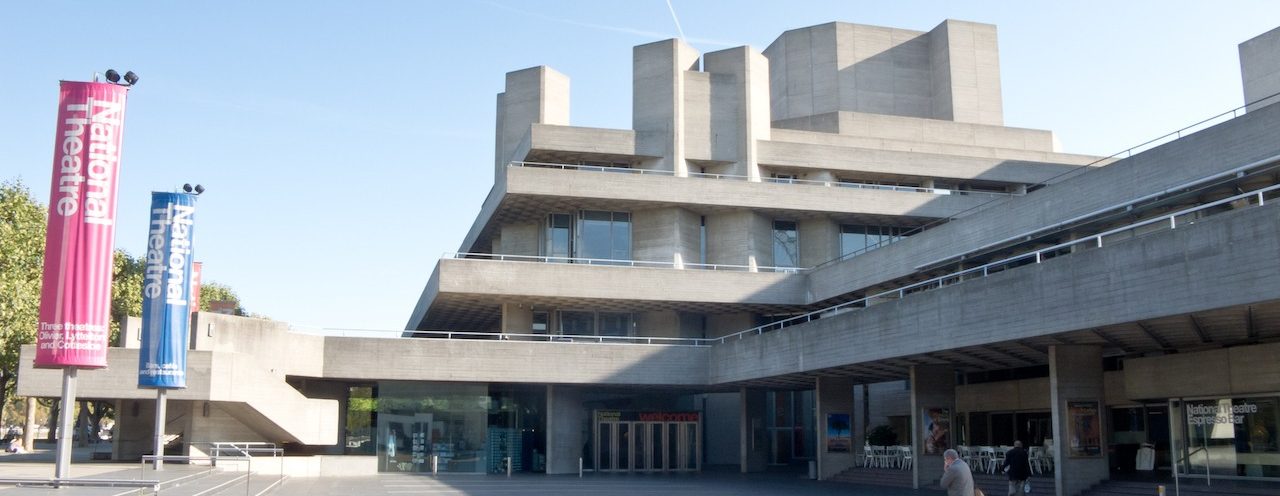Why do we still need to invest in the arts
There’s no denying that the arts were in utter despair when the world shut down in 2020. A 2022 article published by the conversation reflected on the carnage that ensued within the sector, estimating a £74 billion drop in revenue and 400,000 jobs lost. Theatre and other creative industries grew more resourceful and determined in the face of adversity, from live streaming work from home to providing access to archived recordings of performances. The arts sector worked long and hard to ensure a heartfelt reunion between artists and audiences when they were finally allowed to reopen their doors. Yet it’s been an uphill battle for the arts to be taken seriously, both in education and as a career.
It was abundantly clear that there was no compassion for the arts
The government sparked outrage in November 2020 after issuing an advert that insisted a ballerina considers retraining in cyber skills. It was abundantly clear that there was no compassion for the arts. The ad was part of a wider “Rethink, Reskill, Reboot” campaign, and according to a Reuters article, the ad was to encourage people to develop skills in tech rather than discredit the arts sector. However, the interpretation of their antagonism against the arts is more than reasonable; the ballerina ad was no coincidence, and it’s clear that the priority lies with technology fields.
Despite their insistence on ‘retraining’, the government seemed to neglect the reality that, while they were disregarding the lockdown rules that they enforced, the majority of the world were in their homes, fearful for their loved ones and fearful of the precarity of their jobs. What did we turn to during this time? Film, TV, and theatre: we relied on streaming services, on National Theatre at Home, on any various other forms of entertainment that we were fortunate enough to have access to. We continue to rely on the arts for our stability and equilibrium, and for the connections we form with others when we experience art together. We lost the privilege of live performance when the world started to cave in, but many of us were lucky enough to remain anchored by experiencing the arts in our own homes.
My first cautionary step back into experiencing live performance was in September 2021, when I embarked on my undergraduate studies in Theatre and performance at Warwick. Throughout my time at university, I have always been and will continue to be grateful for the plays, performances, and exhibitions that I have experienced live. I am grateful for the access I have to streaming old theatre productions. I am grateful for the opportunities I have had to be involved with collaborating on performances and art, creating my own, and experiencing the art that my peers create. Shakespeare, stand-up, scripts—the list goes on. My experiences have given me the skills and confidence to embark on my journey with The Boar.
Arts Council England estimates that art and culture contribute £10.6 billion to our economy
For myself, my peers, and anyone who comes after us to be able to experience creating and sharing art, it is paramount to continue to invest in the arts. While I am open to acknowledging that studying the arts allows for many transferrable skills into other mediums, it negates the importance of appreciating the arts as they are. Theatres, galleries, and museums are important excursions for most of us, as both modes of creation and connection, and the Arts Council England estimates that art and culture contribute £10.6 billion to our economy. Everyone should have the opportunity to experience the arts, as well as to pursue an education in this sector.
The government’s crackdown on the arts will not be a deterrent for most people interested in the arts. I can attest that most of us are deeply passionate about our pursuits. However, this abhorrent attitude from the government will cause more anxiety than ever. The arts industries are unfortunately wildly inaccessible, and the last thing we need is further restrictions. There will be fewer opportunities, meaning more competition and more limitations to creative ambition. Career prospects will grow more isolating, as more creators and practitioners will have no choice but to create solo work, which is presumably more difficult to sell tickets for, as it’s all they can budget for. At the heart of the arts is community and human connection, and if the resources for encouraging and maintaining that continue to dwindle, then what will become of us?
The world is becoming bleaker, but it’s essential that, where possible, we support each other and support our local community, which means supporting our local art and culture no matter what spite the government spews.

Comments